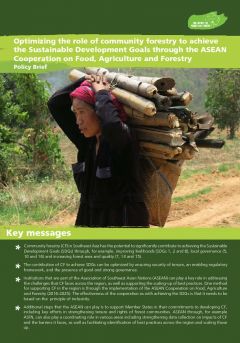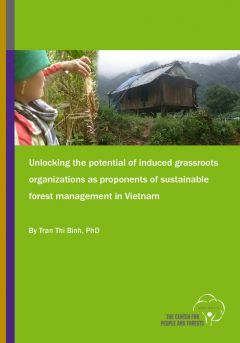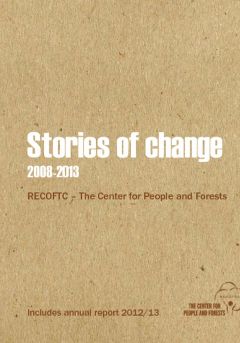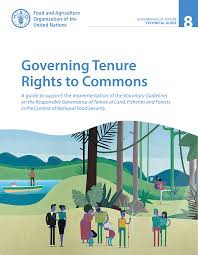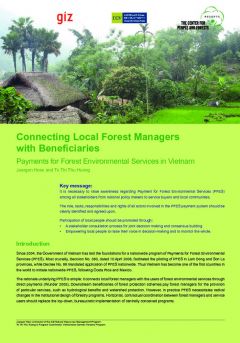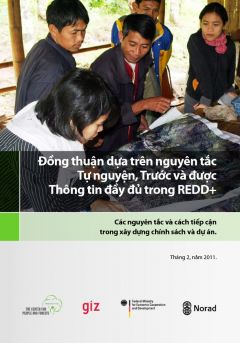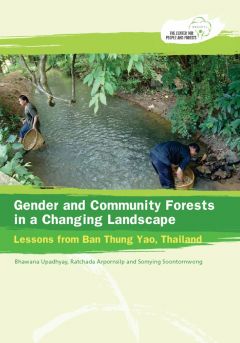Optimizing the Role of Community Forestry to Achieve the Sustainable Development Goals through the ASEAN Cooperation on Food, Agriculture and Forestry
Community Forestry (CF) can play a fundamental role in achieving nearly all the SDGs through its focus on improving livelihoods, strengthening local governanceand, halting deforestation and improving forest quality.Various experiences of CF in the region have demonstrated that the allocation of forest management rights and responsibilities to local people is an effective strategy for sustainable forest management and provides potential contribution to improved outcomes for forest cover and condition and local livelihoods.

